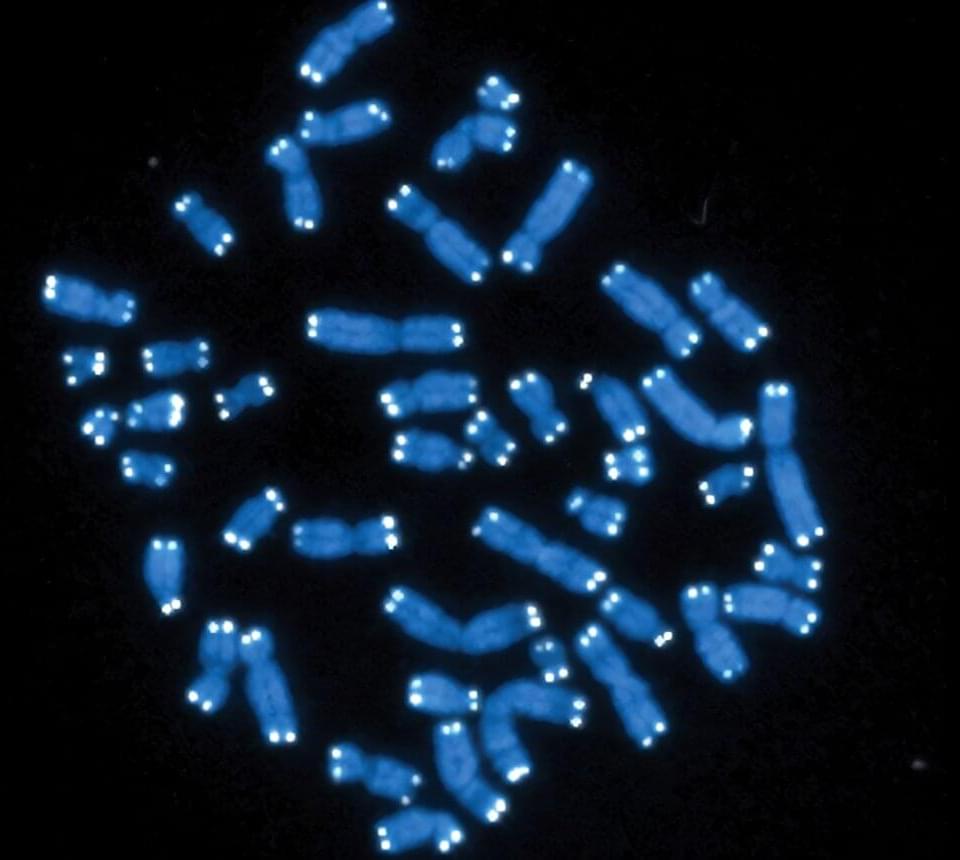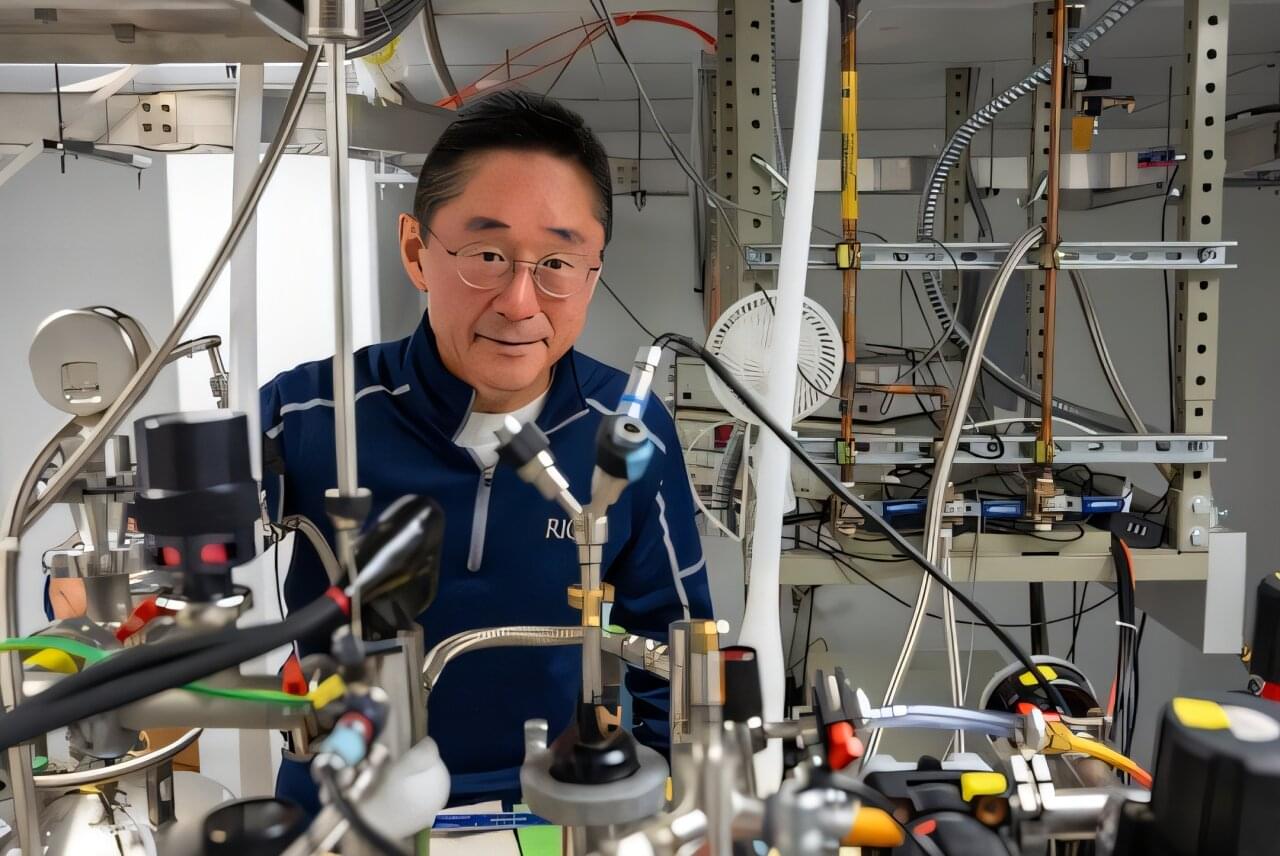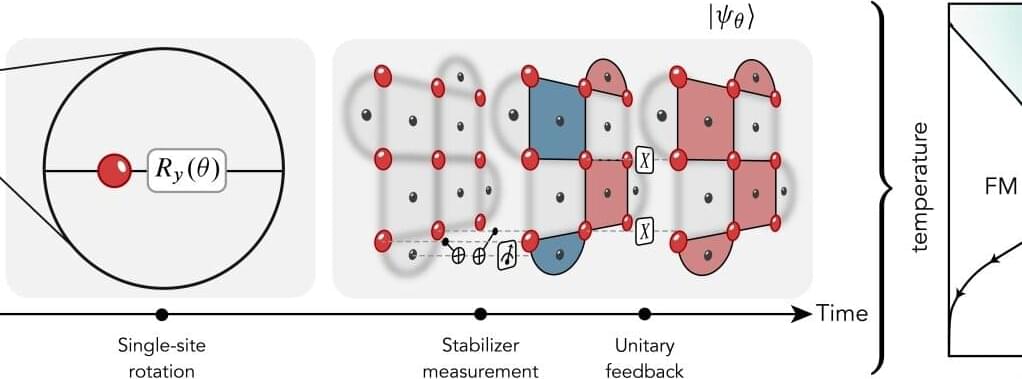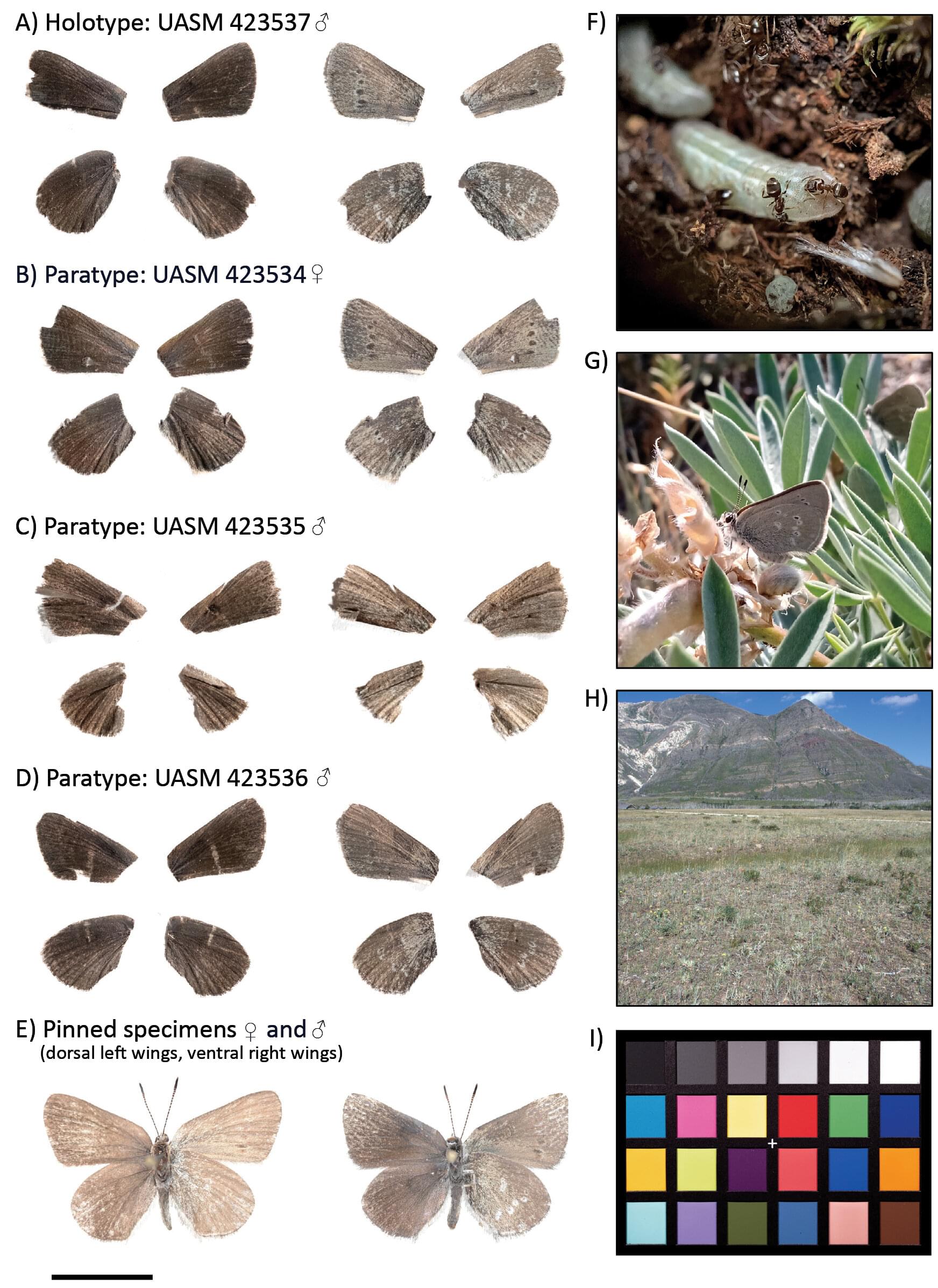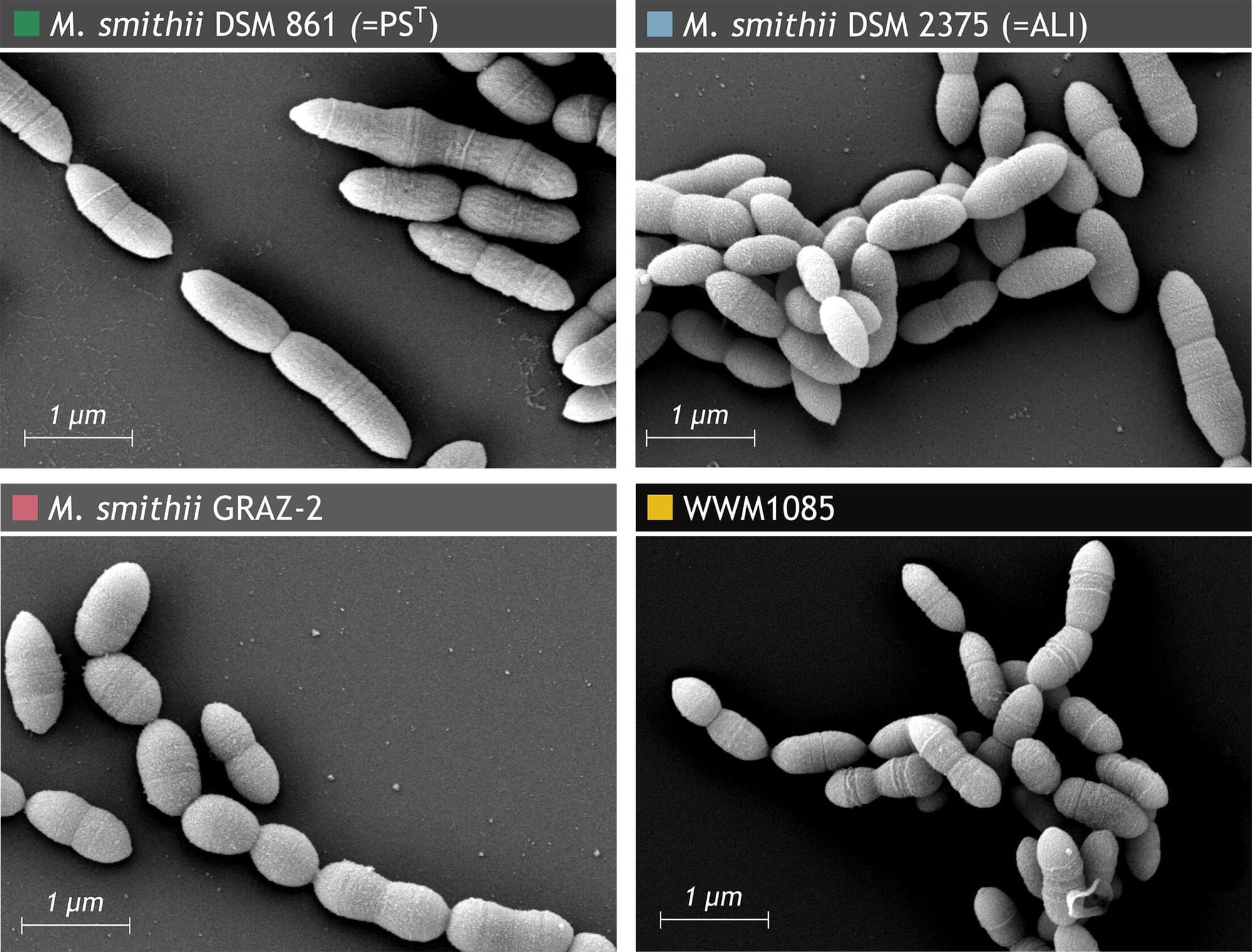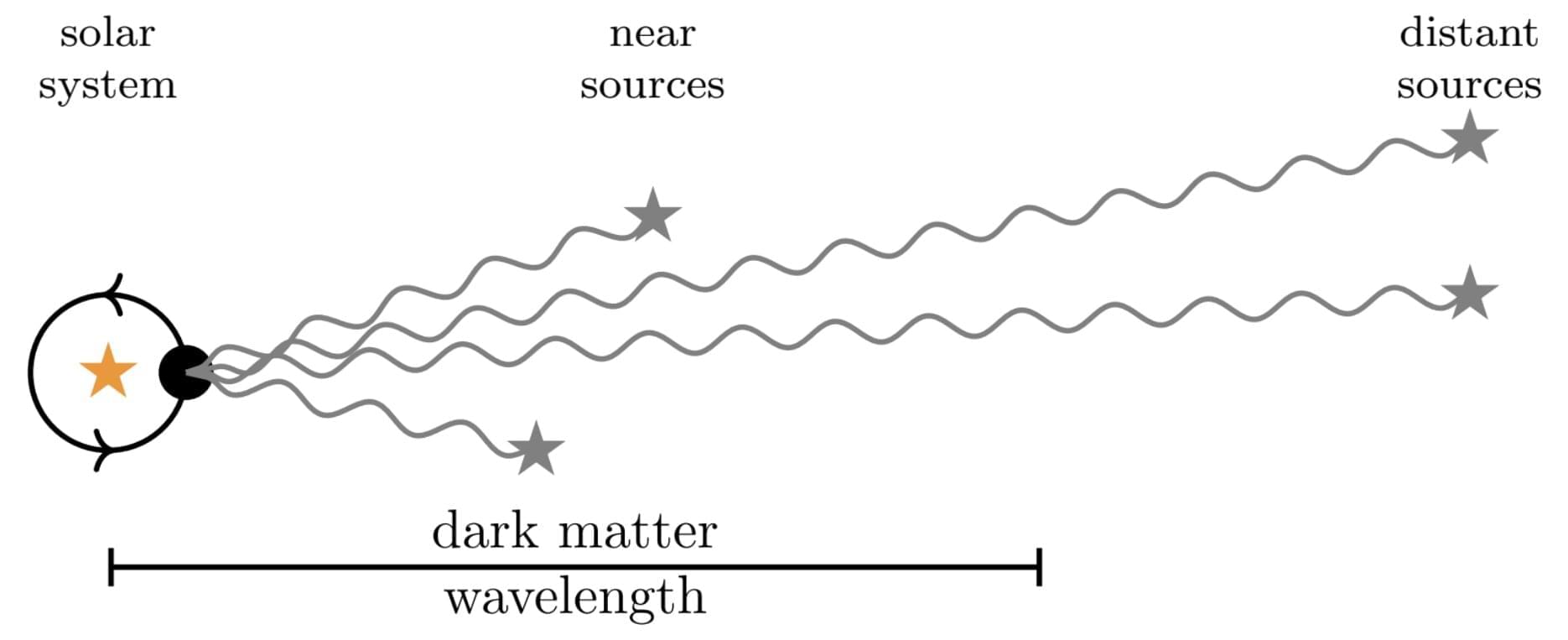A new study from Weill Cornell Medicine provides insights into how cells maintain the tiny end caps of chromosomes as they divide, a key process in keeping cells healthy. Using yeast, the researchers reveal protein interactions that could explain how the enzyme telomerase is tightly regulated to prevent cells from dividing uncontrollably or aging prematurely.
The preclinical study, published April 17 in Nucleic Acids Research, brings us closer to understanding the mechanisms behind aging and cancer.
Before cells divide, they replicate the double-stranded DNA of each chromosome. The replication machinery does a good job of copying the nucleotide sequences until it gets to the telomeres, the end caps of chromosomes that safeguard the genetic material from damage and normally shorten with aging. That’s when telomerase steps in and produces an overhang in which one DNA strand is a little longer than the other.
